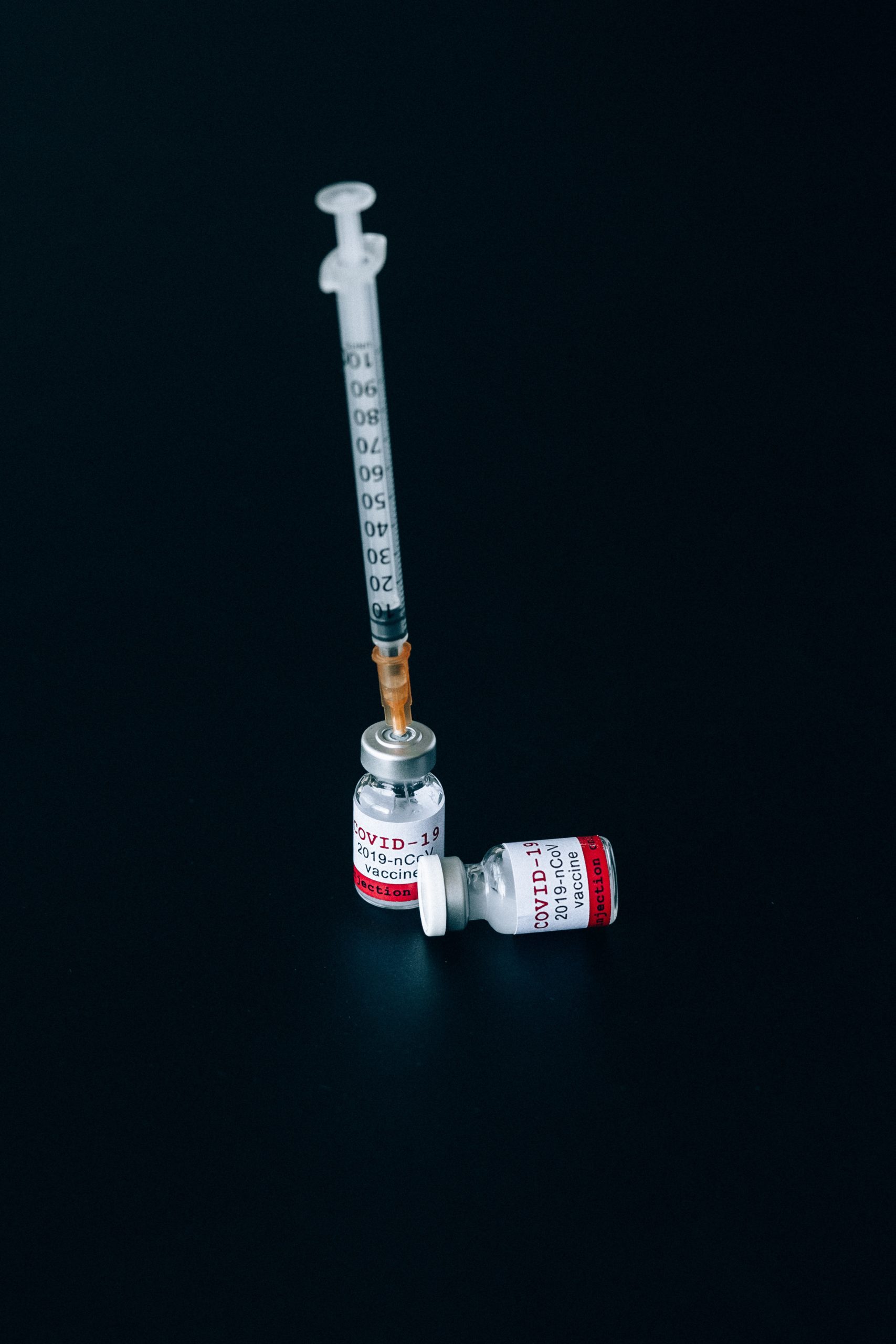COVID-19 is a new disease and we are still learning how it spreads, the severity of illness it causes, and to what extent it may spread in the United States.
Disability alone may not be related to higher risk for getting COVID-19 or having severe illness. Most people with disabilities are not inherently at higher risk for becoming infected with or having severe illness from COVID-19. However, some people with disabilities might be at a higher risk of infection or severe illness because of their underlying medical conditions. All people seem to be at higher risk of severe illness from COVID-19 if they have serious underlying chronic medical conditions like chronic lung disease, a serious heart condition, or a weakened immune system. Adults with disabilities are three times more likely than adults without disabilities to have heart disease, stroke, diabetes, or cancer than adults without disabilities.
You should talk with your healthcare provider if you have a question about your health or how your health condition is being managed.
Disability Groups and Risk
If you have one of the disability types listed below, you might be at increased risk of becoming infected or having unrecognized illness. You should discuss your risk of illness with your healthcare provider.
- People who have limited mobility or who cannot avoid coming into close contact with others who may be infected, such as direct support providers and family members
- People who have trouble understanding information or practicing preventive measures, such as hand washing and social distancing
- People who may not be able to communicate symptoms of illness
Protect Yourself
If you or someone you care for are at higher risk of getting very sick from COVID-19, take steps to prevent getting sick. In addition to practicing everyday preventive actions, people with disabilities who have direct support providers can help protect themselves from respiratory illness in the following ways:
- Ask your direct support provider if they are experiencing any symptoms of COVID-19 or if they have been in contact with someone who has COVID-19
- Tell your direct service provider to:
- Wash their hands when they enter your home and before and after touching you (e.g., dressing, bathing/showering, transferring, toileting, feeding), handling tissues, or when changing linens or doing laundry. Learn more about proper handwashing.
- Clean and disinfect frequently touched objects and surfaces (e.g., counters, tabletops, doorknobs, bathroom fixtures, toilets, phones, keyboards, tablets, bedside tables), and equipment such as wheelchairs, scooters, walkers, canes, oxygen tanks and tubing, communication boards and other assistive devices. Refer to CDC’s General Recommendations for Routine Cleaning and Disinfections of Households.

